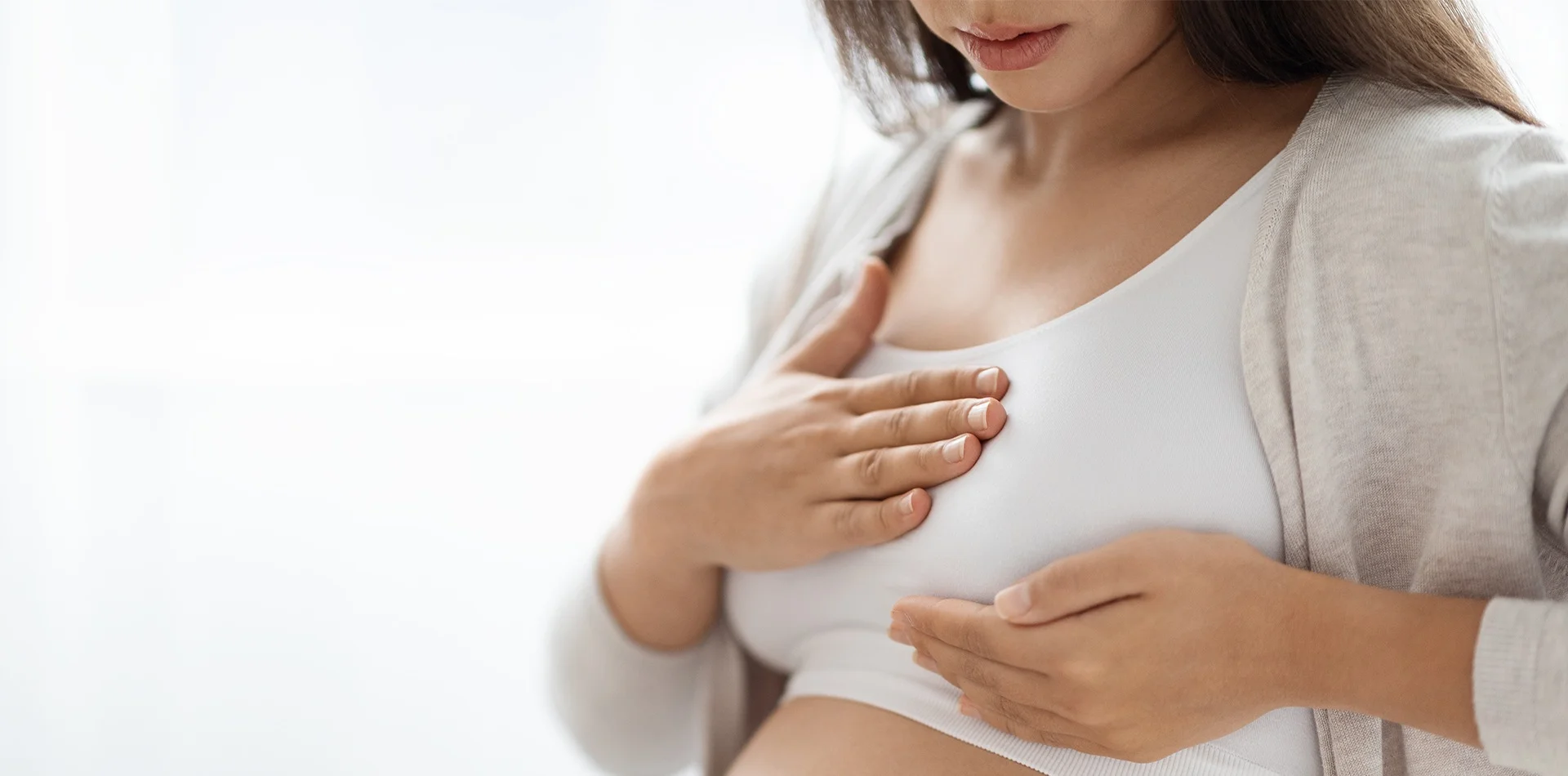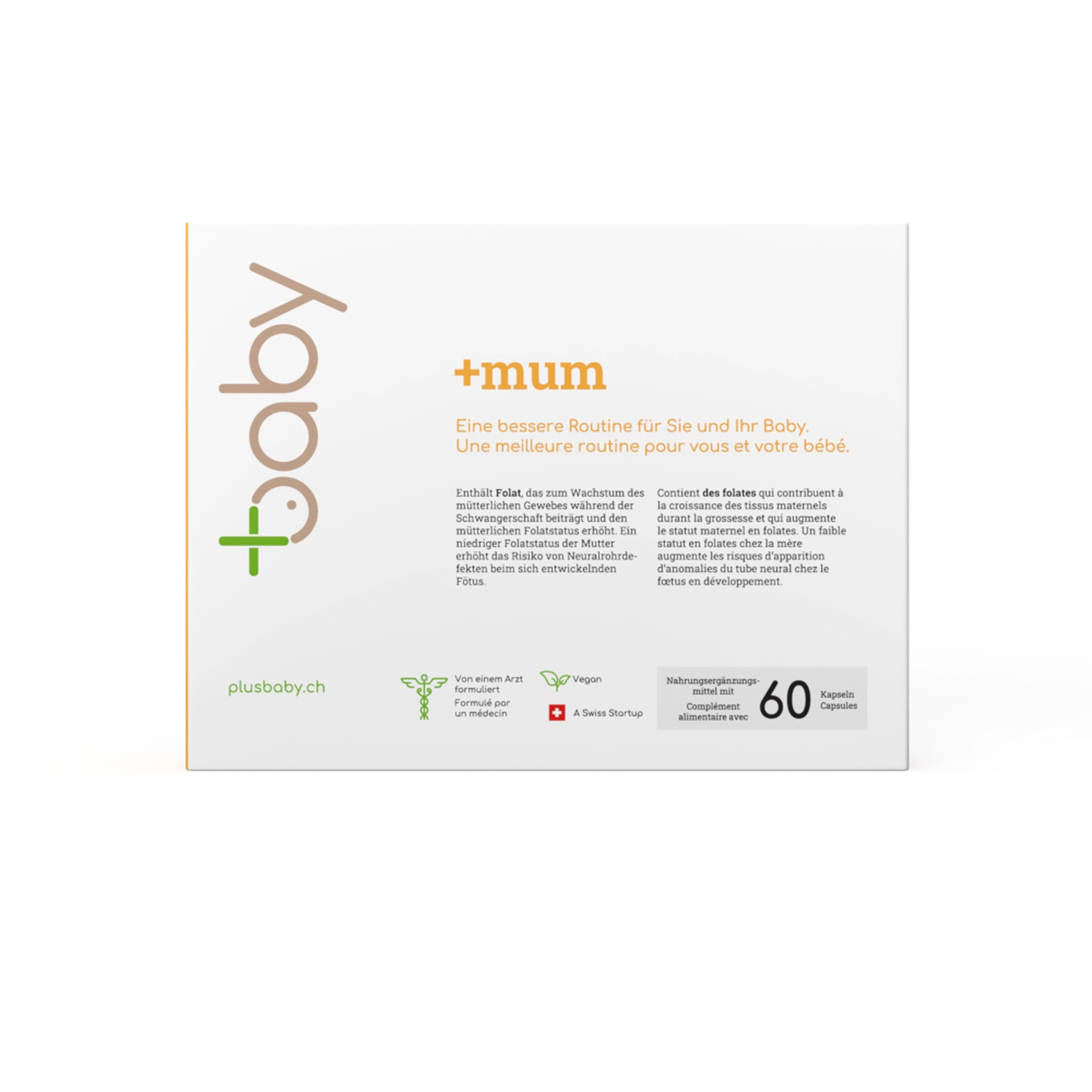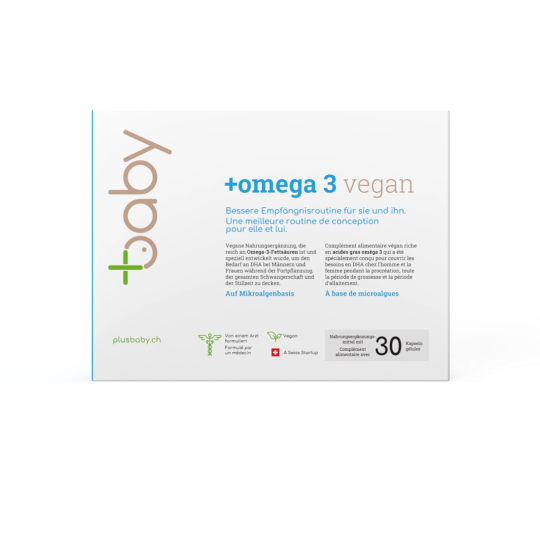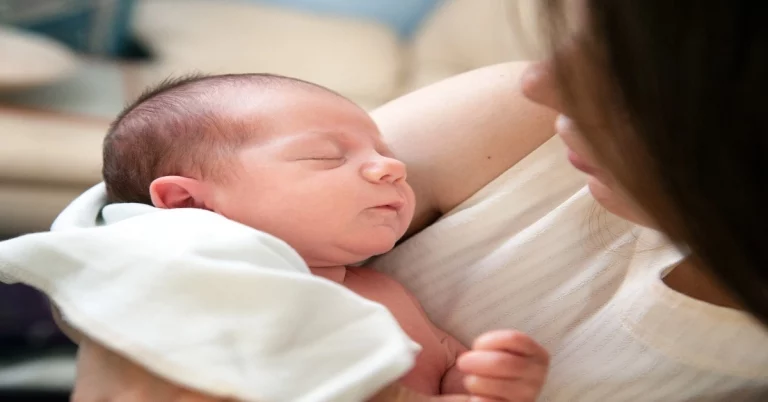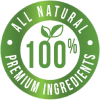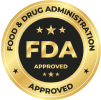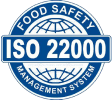Let’s talk about when, why and how to treat sore or irritated nipples.
Sore nipples during or after breastfeeding? but what’s the right treatment for sore nipples? Read on to find out more.
Possible causes of sore nipples
If you’re a first-time breastfeeder, it’s highly likely that you’ll experience sore nipples during the first week of breastfeeding. Around 80-90% of new mothers experience sore or cracked nipples, with a peak of discomfort around the fifth day. This nipple pain is probably a temporary side effect of your body getting used to breastfeeding.
If you are not currently breastfeeding or if you notice pain beyond the first week of breastfeeding, there are a few other potential causes. 70% of women say they have experienced breast pain at some point in their lives, with the majority of them experiencing recurrent pain. Rubbing, infections such as thrush or mastitis, hormonal changes and poor latch can all lead to sore nipples.
Can sore nipples occur during pregnancy?
Sore nipples during pregnancy are common and can be caused by a number of different factors. Hormonal changes are the most likely cause, as breast tenderness is one of the first signs of pregnancy. Progesterone levels increase to support pregnancy growth and to encourage your body to prepare for lactation. Your milk ducts begin to develop and stretch in the second trimester, which can cause discomfort on the sides of the breasts and on the nipples.
It is also possible that friction or infection may cause sore nipples. As your body adjusts to pregnancy, your already sensitive nipples may not tolerate loose clothing, exercise or ill-fitting bras. Infections such as mastitis can also develop before you start breastfeeding if a milk duct becomes blocked. It’s important to tell your doctor if you notice any signs of infection, such as fever, red or warm breasts, or swelling.
Are nipples painful in the post-partum period?
80-90% of breastfeeding women report experiencing sore nipples in the first few weeks post-partum. This is a common problem for new mothers and is not something to worry about immediately. If you feel any discomfort or pain in the first few weeks of breastfeeding, your body is probably still adjusting to feeding your baby and the pain will probably go away on its own. If you notice that your nipples are sore and don’t seem to be improving, tell your midwife or doctor. They may want to observe your breastfeeding to rule out poor latch or infection. If your baby’s mouth is not positioned correctly on your breast, it can squeeze and irritate the nipples, which can cause significant discomfort. You should also make sure that you stop sucking before moving away from your baby, as this can also lead to sore nipples.
If you are not breastfeeding or if the pain persists after two weeks, there may be other explanations for your sore nipples. You may be experiencing a symptom of premenstrual syndrome and your period may be starting soon. Increased levels of oestrogen and progesterone before your period are a common cause of breast swelling and tenderness.
As already mentioned, friction and infection are also potential causes of nipple discomfort and should be taken into account. Make sure you wear a well-fitting bra when moving around a lot, and consult your doctor if you notice signs of infection such as redness, swelling and fever.
Remedies for sore nipples
- Reduce friction: Wearing sports bras or other well-fitting bras can reduce friction and provide some relief for sore nipples. Try sleeping in a support bra designed for breastfeeding and lactation if you tend to move around a lot in your sleep.
- Nipple creams and ointments: There are many options when it comes to nipple creams, balms and ointments. These products can be particularly useful for those who are breastfeeding or have cracked nipples, as they moisturise and protect the skin. Be sure to check that all the ingredients are natural before buying an over-the-counter product. Natural and safe ingredients to look for are grapeseed oil, beeswax, shea butter, coconut oil and lanolin.
- Use your milk: If you’re producing breast milk, it’s often a good idea to express your milk and dab a little on or around the nipple. Breast milk contains bioactive components that help to heal wounds and fight bacteria.
- Hot and cold therapy: heating pads, hot compresses and gel or ice packs can be very soothing for sore nipples. If you’re breastfeeding, using a warm compress before and a cold compress after can be helpful to widen your milk ducts and reduce swelling.
- Supplements: A clinical study* found that certain vitamins (E and B6) may be helpful in reducing breast pain. Researchers are still trying to work out why, but we do know that many vitamins have anti-inflammatory properties that may be associated with reduced pain and discomfort. Breastfeeding supplements such as +mum food supplements can be a great way to get all the nutrients you need while supporting your body after giving birth.
When should you ask your doctor for help?
Sore nipples are a common phenomenon for many women throughout their lives. Whether you’re menstruating, pregnant or post-partum, there are many reasons why you may experience sore nipples. Make sure you keep an eye on your body and look out for any signs of infection or underlying problems. You should see your doctor if you notice any of the following signs:
- Cracks, discomfort or pain do not disappear after one to two weeks.
- Extreme pain or discomfort prevents you from doing your usual activities.
- Fever, swelling or redness around the breast.
- If you are breastfeeding and feel that your baby is not latched on properly or is not getting enough milk.
Our conclusions on sore nipples
Sore nipples affect 80-90% of new mothers and sore breasts affect 70% of women.
It’s normal to feel some pain or discomfort during the first few weeks of breastfeeding, as your body adapts to feeding your baby.
Poor attachment during breastfeeding, increased friction, hormones and infections are all potential causes of nipple pain or discomfort.
Using nipple balms or creams, using breast milk, reducing friction, using hot or cold compresses and taking +mum can all help to promote healing and reduce pain.
You should contact your doctor if you notice any signs of infection, if you are unable to breastfeed because of pain or discomfort, or if the pain does not go away after one or two weeks.
*ShobeiriF, Oshvandi K, Nazari M. Clinical effectiveness of vitamin E and vitamin B6 for improving pain severity in cyclic mastalgia. Iranian J Nursing Midwifery Res 2015;20:723-7.
CHF 39.90 Original price was: CHF 39.90.CHF 19.90Current price is: CHF 19.90.

